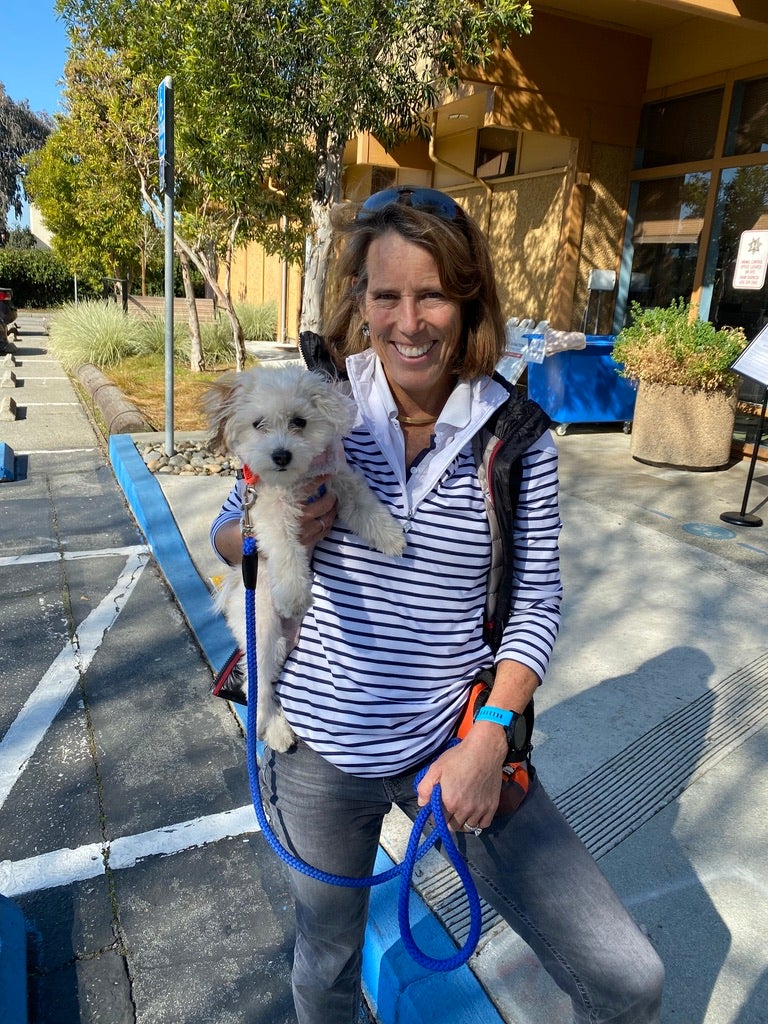By Valerie McCarthy ’26

After living with companion animals—so many of them in and out of the house for most of my life, each leaving a little piece of themselves in my heart, as beloved four-legged family members do—it was a small elderly feral black cat who changed my life. As the feisty yet aging little girl inched into our home looking for safer shelter and fighting for life, the girl we named Maleek opened my eyes to the world of non-human animals and to their capacity to think and feel.
Ten years later, I am filled with many questions about how humans treat animals. These questions include not only why humans treat animals the way they do, or what the moral, ethical and legal implications are of such treatment, but how at this particular point in the so-called Anthropocene, these questions take on new and terrible urgency. I am now at HLS to interrogate these questions meaningfully and to advocate and litigate for animals, whether they are the Maleeks of the world, wildlife, factory farmed animals, or howsoever humans might categorize them.
I knew an important part of my HLS experience would be working in our Animal Law & Policy Clinic. Now, after finishing my first semester in the Clinic, I realize just how right I was and what a unique opportunity this Clinic provides HLS students. Under the guidance of clinic director Mary Hollingsworth, who comes to HLS after years of litigating for the Department of Justice, and after only a year of law school myself, I was able to start two wildlife-focused litigation projects with two of the most influential animal rights NGOs in the country as our clients.
The first project involved writing an amicus brief for the Ninth Circuit supporting the continued listing of the Arctic Ringed Seal as a protected species under the Endangered Species Act. In writing this brief, I learned an enormous amount of information about the Arctic Ringed Seal species, how climate models do and don’t work, and yes, about our beloved Administrative Procedure Act Notice and Comment rules. Perhaps more importantly, the experience of writing an amicus brief from scratch gave me a whole new level of understanding of the what, when, where, how, and why behind an amicus brief. As a Clinic, we ended up not filing the brief, which was its own valuable learning experience about the importance of being strategic with every legal move. This is a very different approach from the make and break iteration model of the tech world I came from, and one no doubt best learned first-hand as I did with this project.
In my second project this semester, we looked at important federal agency violations related to protected wildlife species in order to see if there was a viable complaint for our NGO client to file. Once again, we were afforded the opportunity to dive into some of the most important animal statutes in the country, and to learn about the agencies who enforce them. Critically, we had the opportunity to put the abstract LRW skills we have learned to work in the real world, and with a real client. Our work indicated that there was a strong case to be made regarding violations related to protected wildlife species, and we plan on working with our client next semester to write the complaint.
At least so far, neither of my clinic project partners will be pursuing a career working on behalf of animals. But they came to the Clinic because they are curious about animals and because the Clinic offers such valuable, transferable hands-on experience. Mary does a wonderful job supporting us wherever we are on our respective journeys of learning about and committing to animal welfare, which has translated into a safe, productive environment in which to tackle tough animal and legal issues that can be quite personally sensitive.
With a laser-pointed focus on attending law school, and given the reputation HLS’ Animal Law & Policy Clinic has in the field, I knew HLS was where I needed to study. I feel incredibly fortunate to have this opportunity. After coming to the end of my first semester working in the clinic, where I was able to put some of my nascent legal skills to work on behalf of animals, I am even more convinced that I am at the right place and that a legal career focused on helping animals is what I am meant to do.
Filed in: Clinical Student Voices
Contact Office of Clinical and Pro Bono Programs
Website:
hls.harvard.edu/clinics
Email:
clinical@law.harvard.edu